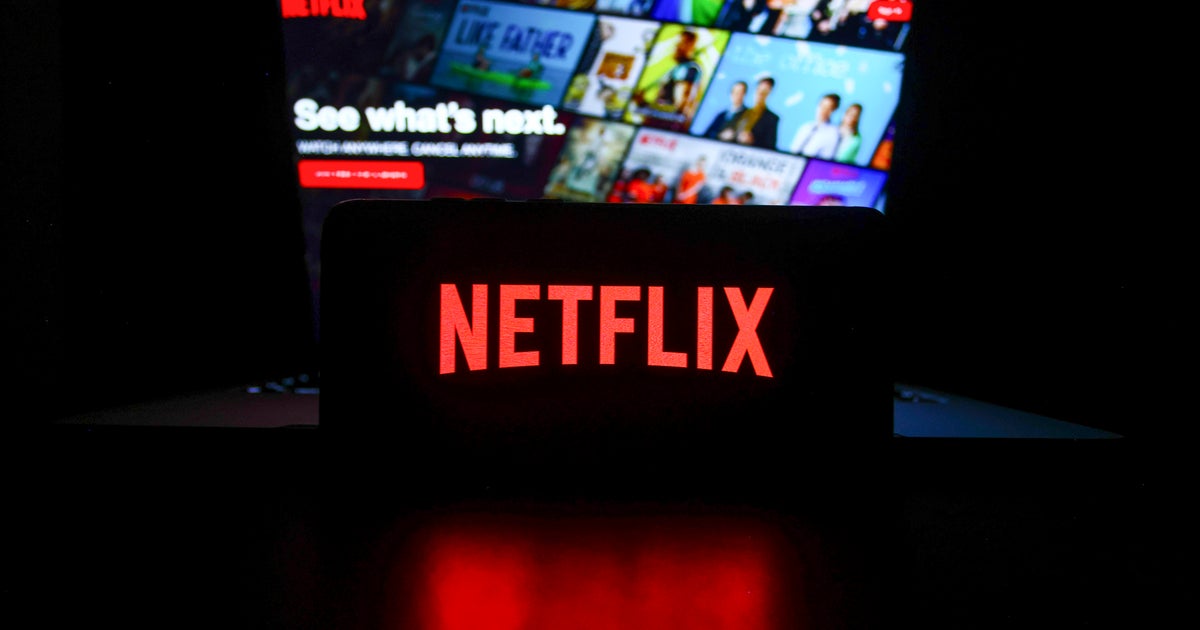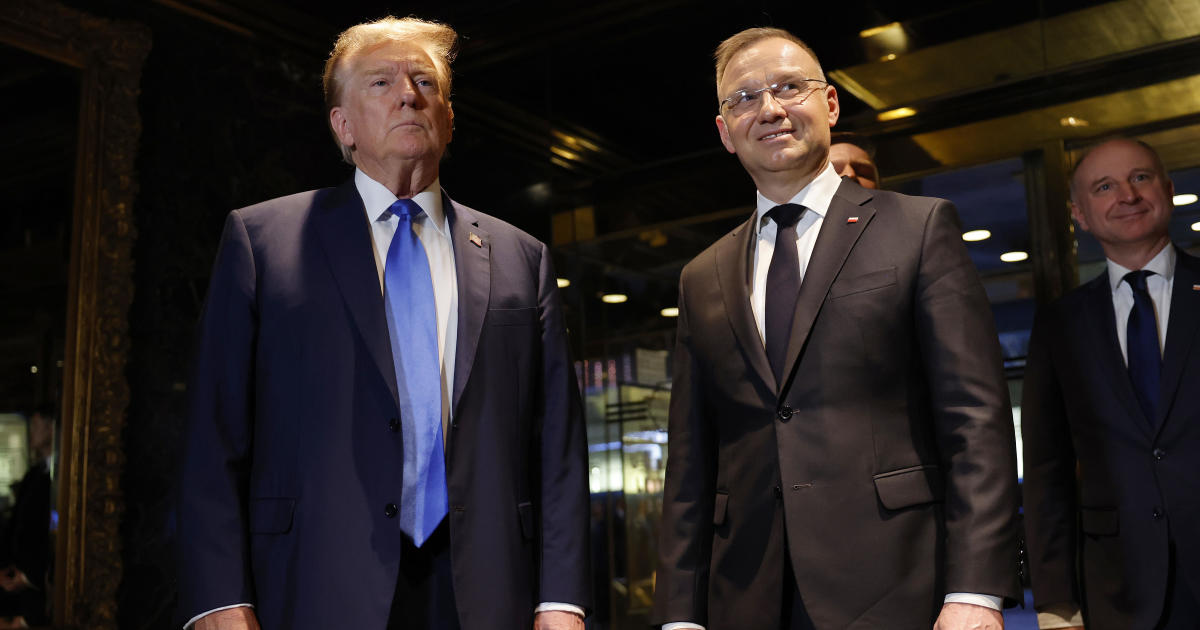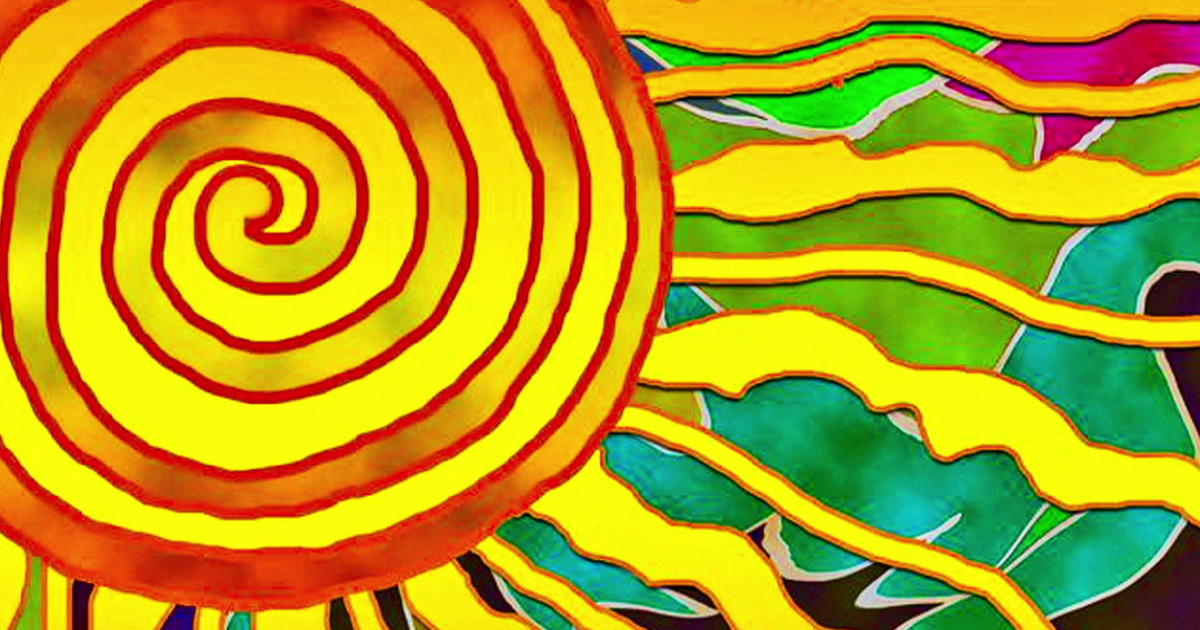Alfred Molina: America's shift to the right "is not an isolated event"
“Close to the Enemy” star Alfred Molina has been witnessing some disturbing trends across the U.S. and Europe lately -- particularly with the election of Donald Trump, which has left him “deeply depressed.”
But there’s always TV to turn to for taking one’s minds off things. In Molina’s latest -- which is currently streaming on Acorn TV --he co-stars with Jim Sturgess in a tale of intrigue and distrust in London during the immediate aftermath of World War II.
“Close to the Enemy” examines is an interesting and specific period in history. What did you already know about it?
I knew a little bit about this. In England, it’s a period in history that we cover a lot in school - that immediate period after World War II. Also, it’s an important time for England. Unlike the States, we were still going through the austerity of the aftereffects of the war - rationing and infrastructure still being destroyed. People were homeless and so on, there was all that going on, which went on well into the ’50s. One was always very aware of what was happening.
The setting of the dilapidated hotel was interesting as well.
Yeah, the hotel is kind of an interesting metaphor for what England was like at the time - rather grand but a bit broken and fragile, sort of crumbling at the edges. I don’t think that was accidental. I think that was quite deliberate. A faded, crumbling building that was once extraordinary, full of strangers who don’t quite trust each other. I think that’s a wonderful metaphor.
Would you think that metaphor would work at all for England today?
I don’t know. You’d have to write something as good as “Close to the Enemy” to figure that out.
You appeared in the Funny or Die adaptation of “The Art of the Deal” with Johnny Depp earlier this year. After the Donald Trump’s winning the election, what do you think of that project now?
Well, I’m glad we did it, and I’m glad we did it in time because the chances are we wouldn’t be allowed to do it in the next year or so. It would be a lot more difficult once he’s in office.
Have you spoken to friends in the U.S. at all about how the climate as changed?
I think it’s clear to anyone how the climate has changed. I don’t know which way you voted, but I certainly didn’t vote for Trump, and I’m deeply depressed by the whole thing, frankly. This is part of a shift to the right all over the world. Not just Britain and America, but France and Germany. It’s happening all over the world, it’s a whole sweep. It’s like a throwback to the ’30s. This shift to the right in America is not an isolated event. It’s part of a tendency around the world, which is very disturbing.
Considering the breadth of your career, have you noticed many differences between working in the U.S. versus working in the U.K.?
I think years ago there was a bit of a difference, but I don’t think there is anymore. British TV was always a little more liberal in terms of content and so on - a bit more forgiving, if you like. But now with cable, anything’s up for grabs. And the more variety there is, the more range of material that’s available, the more there’s a response to it. It’s no accident that HBO and all the other cable networks have been garnering the awards far more than the terrestrial channels. There’s clearly a very strong, very real case for shows that are uninterrupted by commercials. I don’t watch the terrestrial channels hardly ever because I can’t stand the commercials. It’s nice to be able to watch something without them.
You’ve had such a varied career. What kinds of work have you been focused on lately?
I just focus on staying employed. When things come in, I just say, “Yeah, I’ll do it” - unless it’s insulting, then I say no. My own priority is to stay working so that I can pay off my mortgage, pay my bills and stay alive. I’ve got no game plan.



